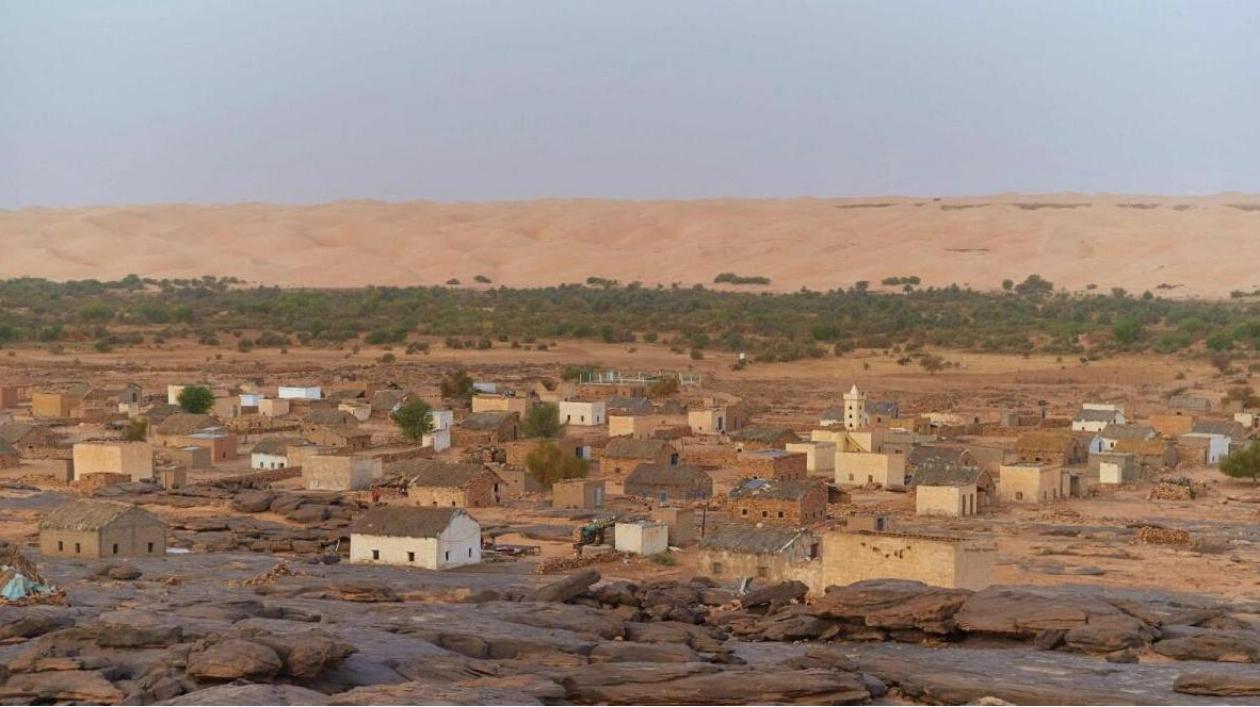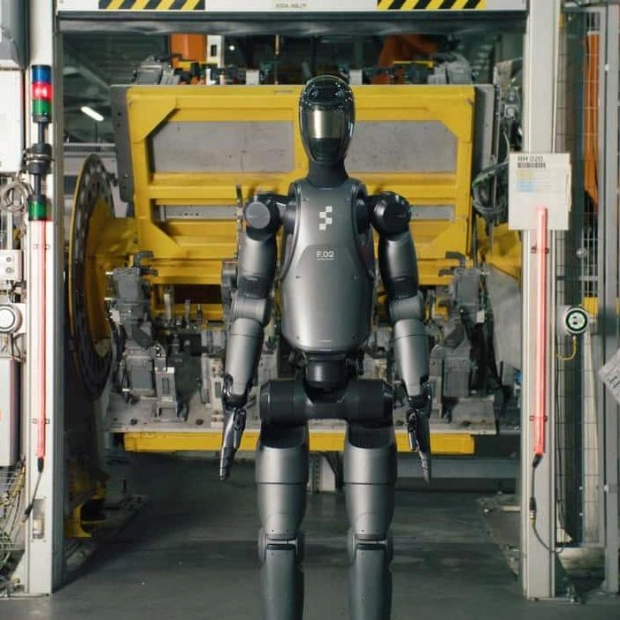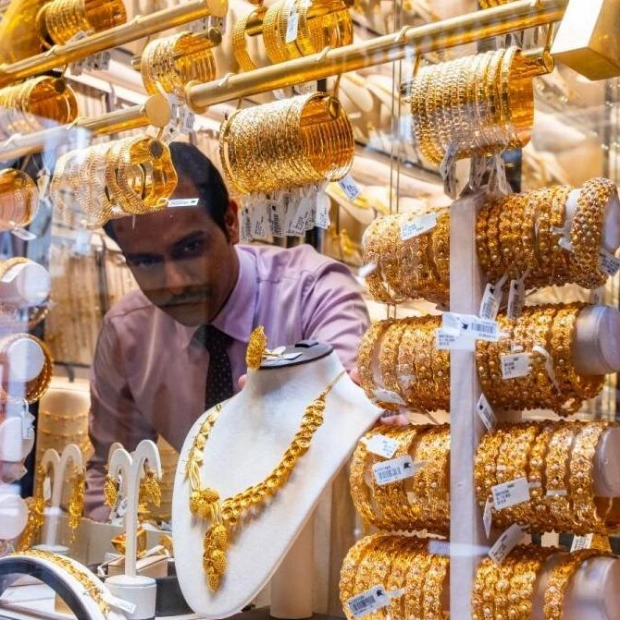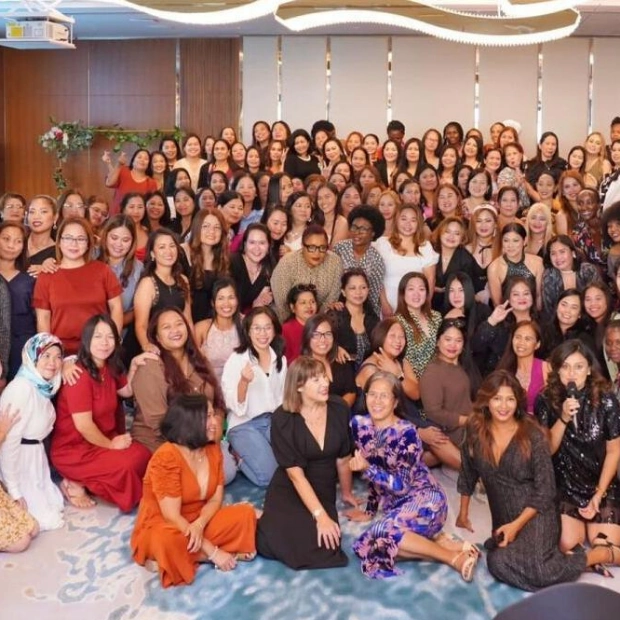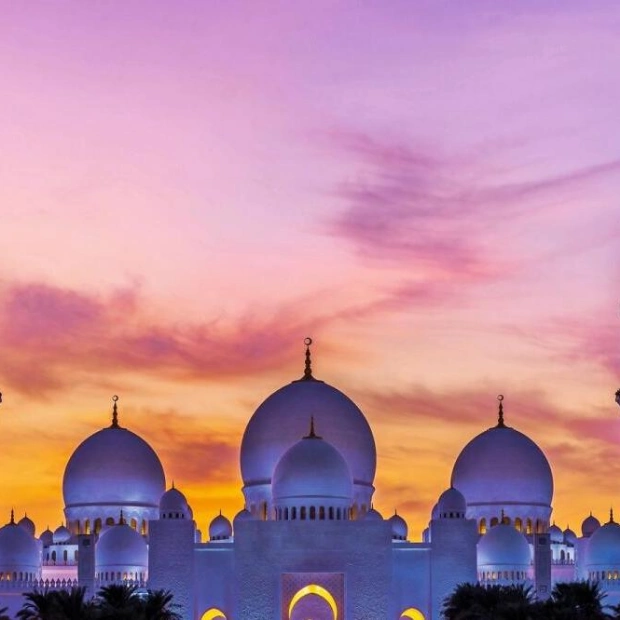In the heart of the expansive Mauritanian desert lies Maaden, a verdant haven where communal life, spiritual devotion, and sustainable farming form the pillars of a balanced existence. Established in 1975 by Sufi spiritual leader Mohammed Lemine Sidina, this secluded village was christened Maaden el Ervane, meaning 'the deposit of knowledge' in the local Arabic dialect. Sidina envisioned a community rooted in equality, brotherhood, tolerance, and diligent labor, built on fertile land beneath a modest rock outcrop. Despite Sidina's passing over two decades ago, his ideals persist.
'Here, equality reigns. There are no castes, no racial divisions,' recounts Djibril Niang, 70, who migrated from Senegal 50 years prior and chose to remain. 'We are all kin. If assistance is needed, we unite to provide it.' Niang's life took an unexpected turn when he married the daughter of his spiritual guide, a racially mixed marriage deemed inconceivable then. Imam Taha Sidina, son of the founder, reminisces about his father's aspirations for Maaden: 'Each night, the community convened to outline the following day's tasks—digging wells, constructing roads, planting palm trees.'
The village expanded incrementally, starting with the construction of a small dam to conserve water, followed by the development of fields, establishment of a school, and creation of a communal clinic. Hospitality is a cornerstone of Maaden's ethos, embodied by a visitors' center that accommodates and feeds all travelers. While neighboring villages face population decline, Maaden flourishes, with its arable land gradually increasing due to a beneficial wind that keeps the fields clear of sand.
'This year's harvest is exceptional,' boasts Mohamed Ould Vaide, a 45-year-old farmer, proudly showing off his bountiful crops of tomatoes, peppers, onions, carrots, and watermelons, cultivated using drip irrigation. 'I will never leave Maaden. It's unmatched,' he asserts. Vaide, like many villagers, earns a living through farming, thanks to innovations introduced by Pierre Rabhi, a French pioneer in organic agriculture. Rabhi, who visited Mauritania in 2018, was captivated by Maaden and imparted his environmental principles, leading to the adoption of compost over chemical fertilizers and solar panels in place of fuel-powered pumps, making the village nearly self-sustaining.
Rabhi also facilitated the delivery of a henna grinding machine, enabling women to process the local plant for cosmetics while engaging in crafts, agriculture, or trade. 'In Maaden, women can farm, wear boots, perform manual labor, and greet men. It's distinct from other villages,' notes Zeinab Mintou Boubou, 57, leader of the women's farming cooperative. Traditional Islamic law in the rest of Mauritania prohibits interactions between unrelated men and women and excludes women from certain activities.
As the sun sets over the dunes near Maaden, Mohamed Ould Ali Abdein starts a small fire and prepares tea, soon joined by friends. His camels settle in for the night. For Abeid, his wife, and their seven children, Maaden is not just home but the foundation of their future.
